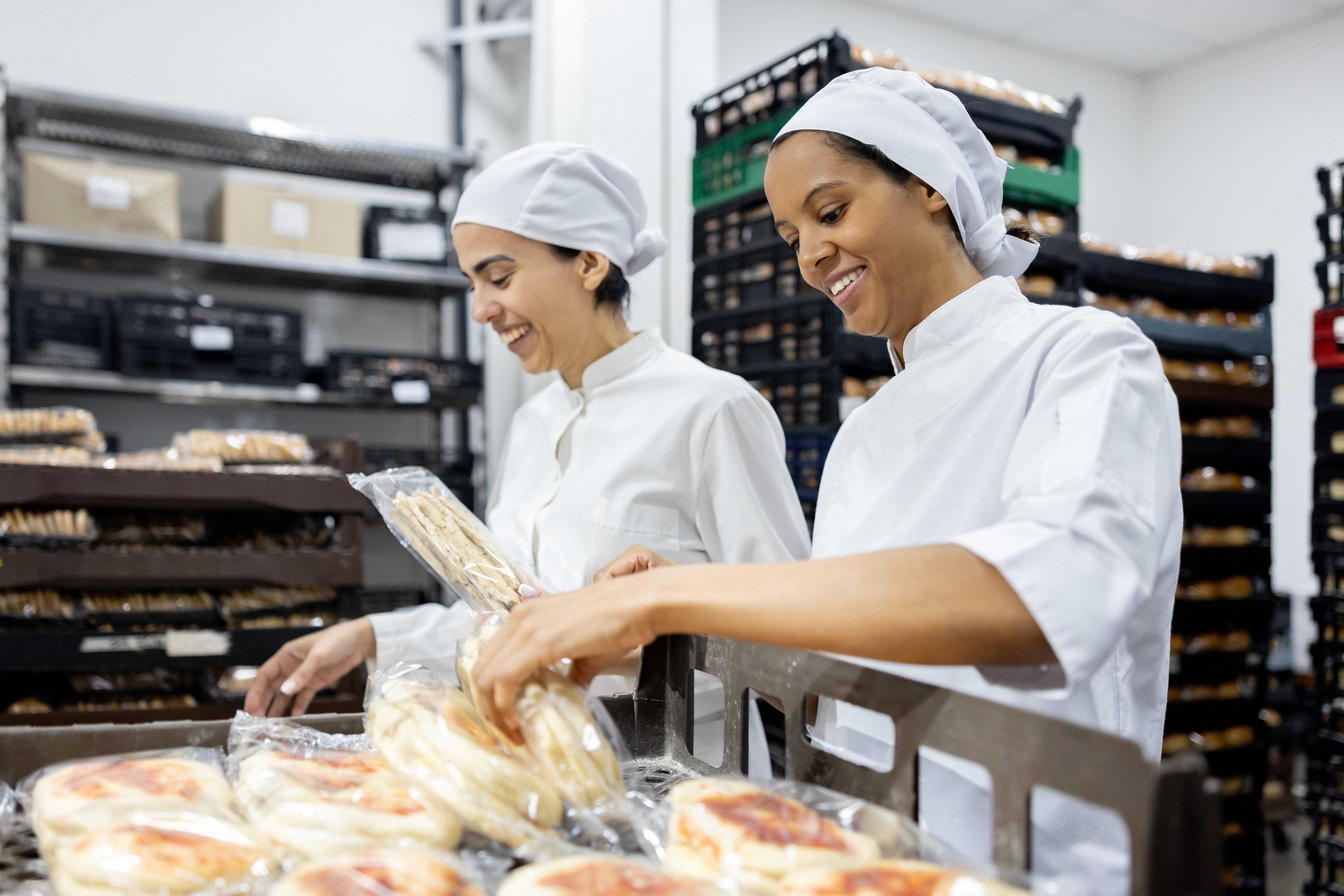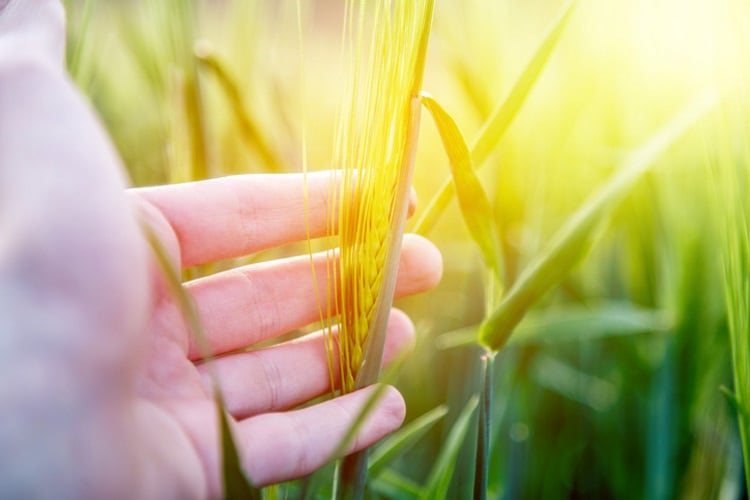Key takeaways:
- Bakery and snacks players are putting climate action at the center, from net-zero targets to circular oils and plastic-free packaging.
- Cleaner labels, provenance and waste-cutting innovations prove that taste, health and sustainability can work together.
- Partnerships tackling hunger and food waste show that social impact is as vital as environmental progress.
This month, we’re launching something really exciting at William Reed. Through a series of broadcasts, initiatives and features, we’ll be spotlighting the innovations, strategies and collaborations that will help our industry accelerate meaningful progress. The most powerful force for change comes from working together: so Sustainability September brings together the global reach of William Reed’s media brands – The Grocer, Retail Week, Food Manufacture, FoodNavigator and many more – as a call to action across the food and beverage industry.
Sustainability isn’t a campaign you switch on and off – it’s a discipline that runs from farm to fork. Across our sector, leaders are coupling measurable climate goals with practical changes that reduce waste, reformulate for health, redesign packaging and strengthen food security.
What’s different now is pace and precision. Companies are setting science-aligned targets with near-term milestones, swapping linear take-make-dispose models for circular systems, and proving that premium taste and clean labels can coexist. The result is a wave of launches and partnerships that create value while cutting impact.
To kick off our month-long initiative, Bakery&Snacks highlights some of the powerful moves already reshaping the industry.
Better for the planet

European giant Baker & Baker has secured SBTi approval for its net-zero targets – including a 42% cut in scope 1, 2 and selected scope 3 emissions by 2030. Its FLAG commitments on forests and land, plus a zero-deforestation pledge by 2025, are vital to preserving climate-critical ecosystems. “We recognise the need to reduce carbon emissions across the business and were keen to ensure our targets were not only viable and realistic, but developed in line with climate science,” said CEO Matthew Acheson. “Many of our key customers have or are in the process of setting SBTi targets of their own, and our decarbonisation journey will directly support their net-zero commitments.”
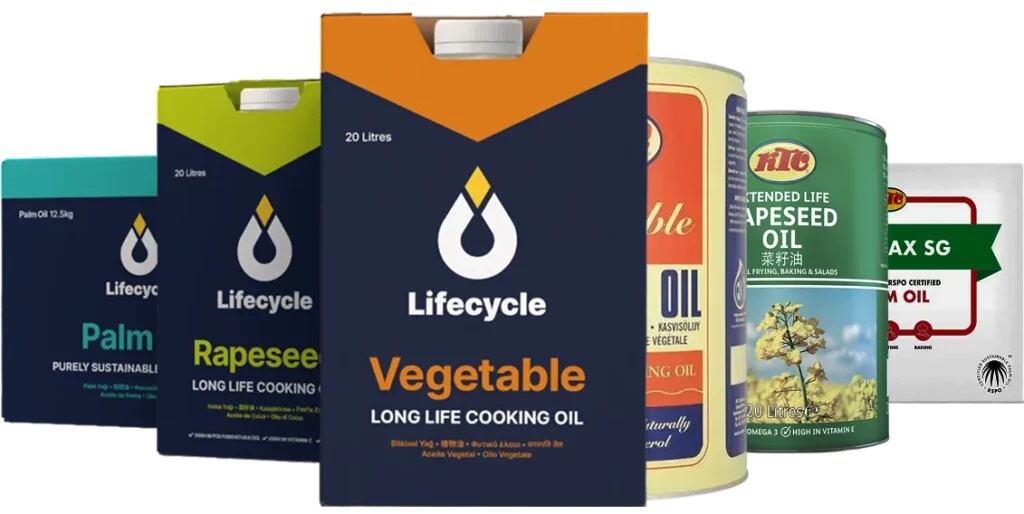
UK-based Lifecycle Oils has launched its own range of cooking oils to complement its closed-loop system. Fresh oil goes in, used oil comes out and is converted into biodiesel and sustainable aviation fuel – displacing fossil fuels and reducing emissions. “It ensures that we have complete control over the sourcing, quality and sustainability of all the oils we provide,” said CEO Adam Thompson.
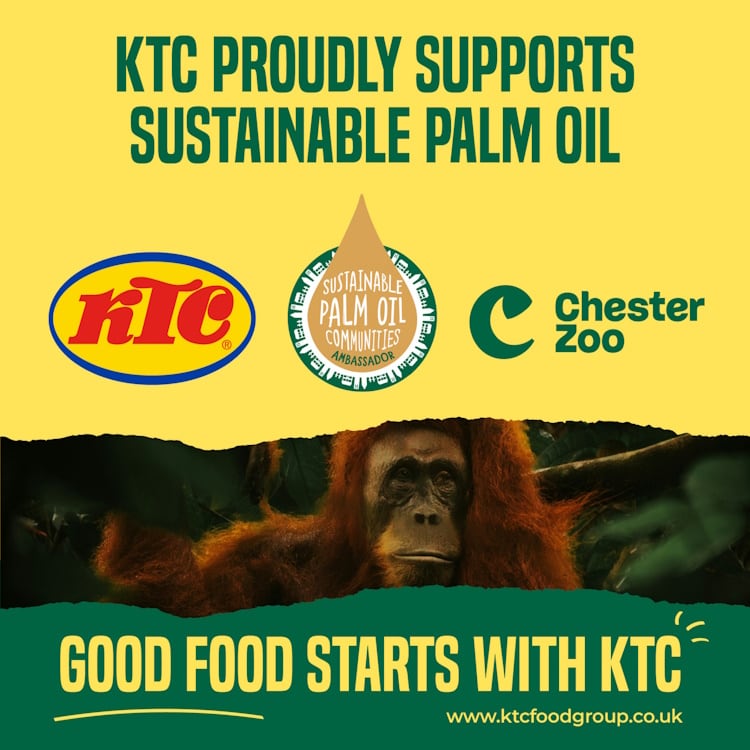
KTC Edibles has joined Chester Zoo’s Sustainable Palm Oil Communities Ambassador Programme. “Chester Zoo is doing incredible work challenging misconceptions around palm oil, a misunderstood ingredient that is more beneficial for biodiversity and ecosystems than conventional palm oil and many other unregulated vegetable oils, while driving much needed change in business and consumer behaviour – and we couldn’t be prouder to be part of the campaign,” said Gary Lewis, head of Sustainability at KTC.
Xampla’s Morro Coating, made from natural plant proteins, is now scaling through Bunzl UK & Ireland. Certified plastic-free under the EU SUP Directive, it replaces fossil-based plastics while remaining recyclable – tackling single-use packaging at scale. “The launch represents a new level of success for Xampla,” said CEO Alexandra French. Bunzl’s extensive distribution network means the technology can now reach foodservice operators across the UK and Ireland, with leak-proof, grease-resistant boxes suited to delivery, hot counters and al-fresco dining.
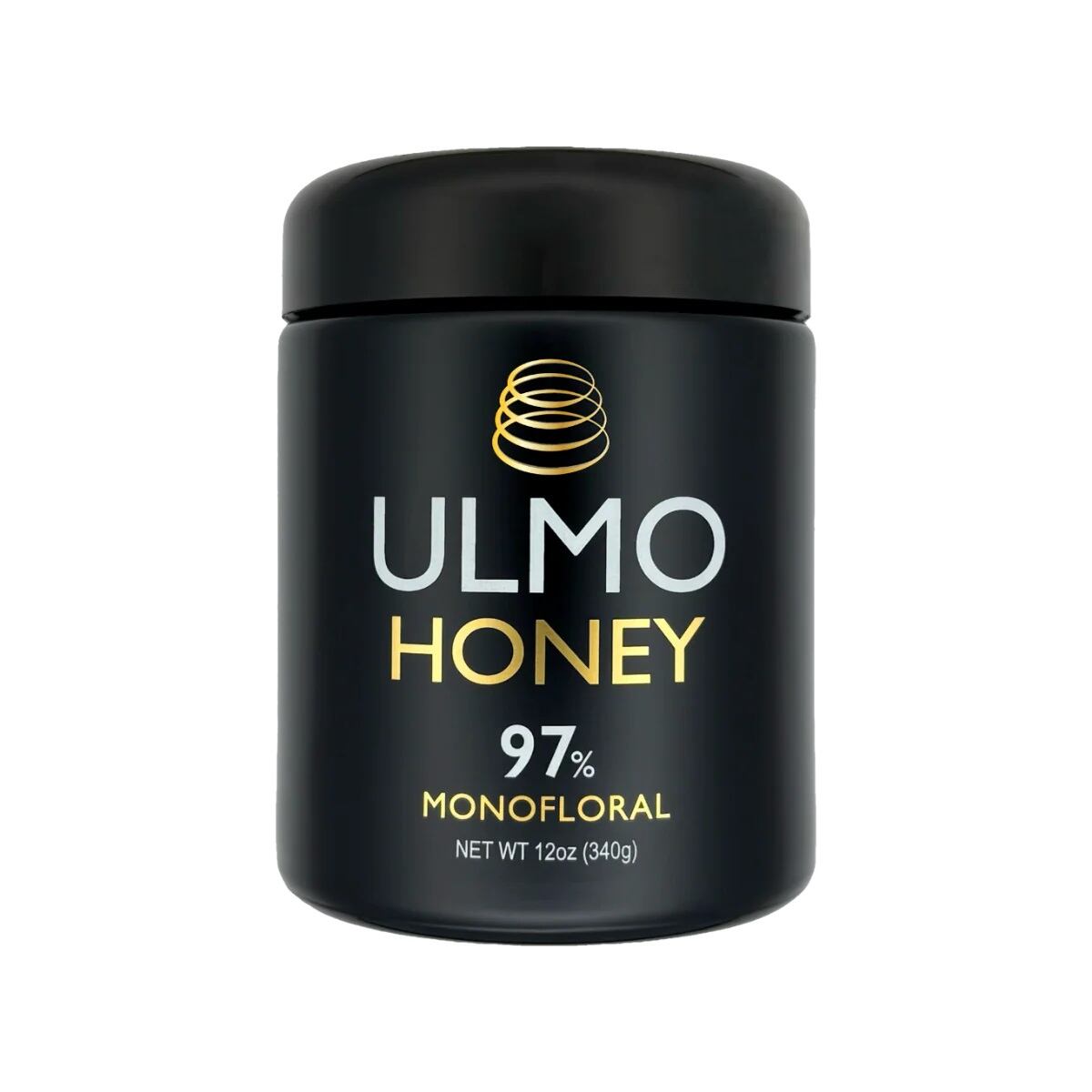
Ulmo Honey, launched by LA-based Tony Pilato, comes from hives deep in Chile’s pristine rainforests, accessible only by boat. Each jar is 97% Ulmo blossom nectar, the result of bees flying thousands of miles during the tree’s brief blooming season. This near single-origin purity gives the honey more than twice the phenolic content of Manuka, with powerful antibacterial and antioxidant properties. The hives sit at the foothills of the Puntiagudo volcano in a pristine environment free from agricultural or industrial pollution, directly supporting biodiversity while sustaining a fragile rural community. Packaged in Dutch-made violet mineral glass jars that preserve potency without plastic, Ulmo Honey embodies a rare convergence of provenance, purity and sustainability.
Better for consumers

Henley Bridge has unveiled Belcolade Origins, a single-origin chocolate range produced largely under the Cacao-Trace program. By rewarding farmers for quality and supporting good agricultural practices, the scheme reduces pressure to expand farmland, helping to conserve tropical forests. “The Origins range beautifully demonstrates the very distinctive characteristics of each of the cocoa-growing regions,” said MD Tracey Hughes. “From the zesty, coffee and woody undertones of Vietnam Noir 73% to the intense cooked milk and caramel flavours of Cameroon Lait 45%, there’s something for every application.”
IFF has launched Powerfresh ACE 2000, a next-gen enzyme that keeps bread softer for up to 34 days. By extending shelf life, it reduces the huge carbon footprint tied to bread waste – one of the most discarded foods in the US. “As a staple food, bread is a regular fixture in consumers’ baskets – so expectations for quality are high and constant,” said Emily Wagener, industry leader for Enzymes in North America. “At the same time, bakeries face challenges that require smarter solutions. Powerfresh ACE 2000 is bakers’ ally to deliver high-quality products with the delicious texture and freshness consumers expect, every time.”
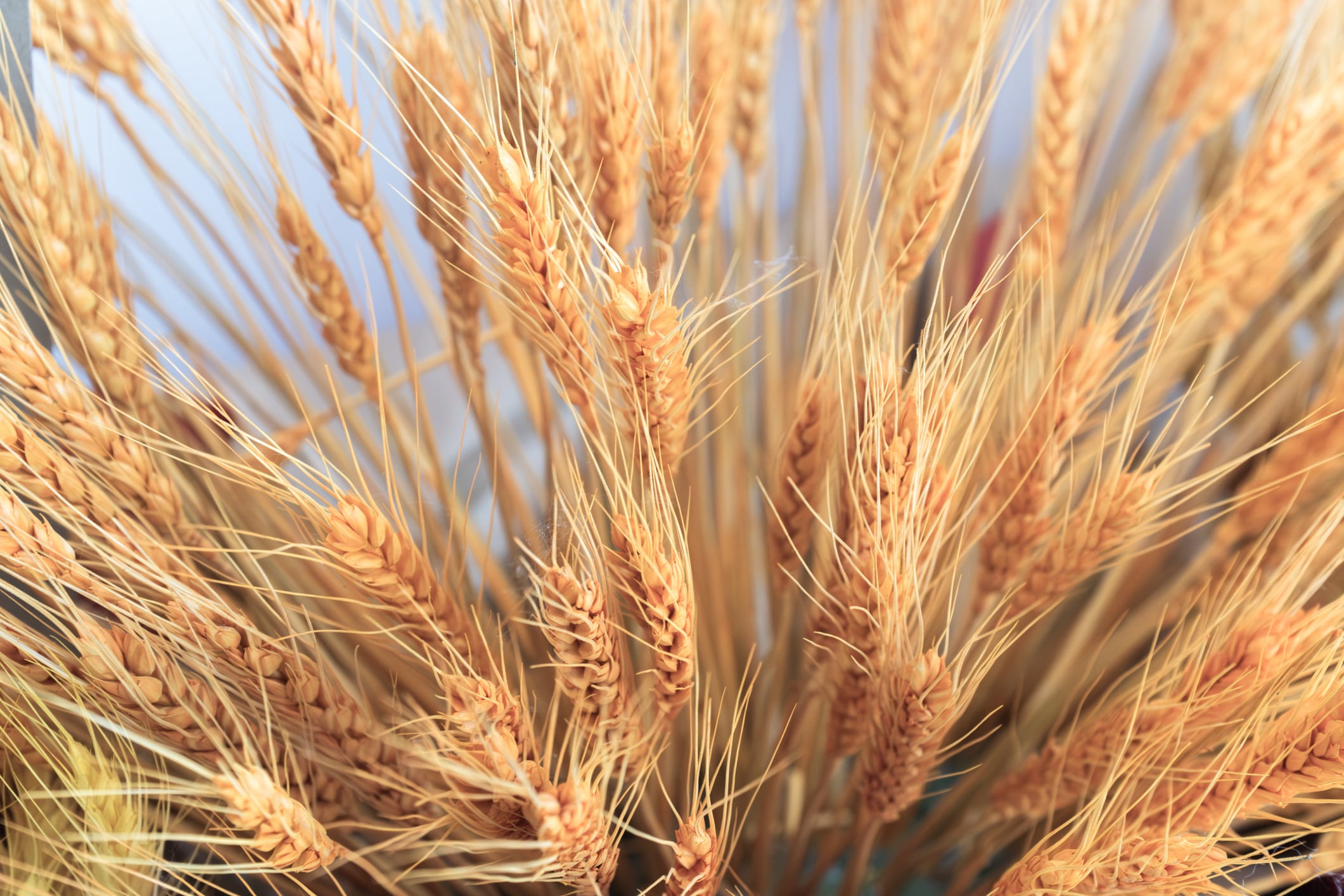
Spanish miller Farinera Coromina has introduced its AVPN-certified pizza flours to the UK – the first outside Italy to earn the accolade. The company sources 100% local wheat, cutting food miles, and runs trial fields that guide farmers toward more climate-resilient crops. “Our goal is to provide chefs with the most vital ingredient for achieving a perfect, flavorful crust with incredible consistency, every single time,” said fifth-generation leader Lluís Coromina.
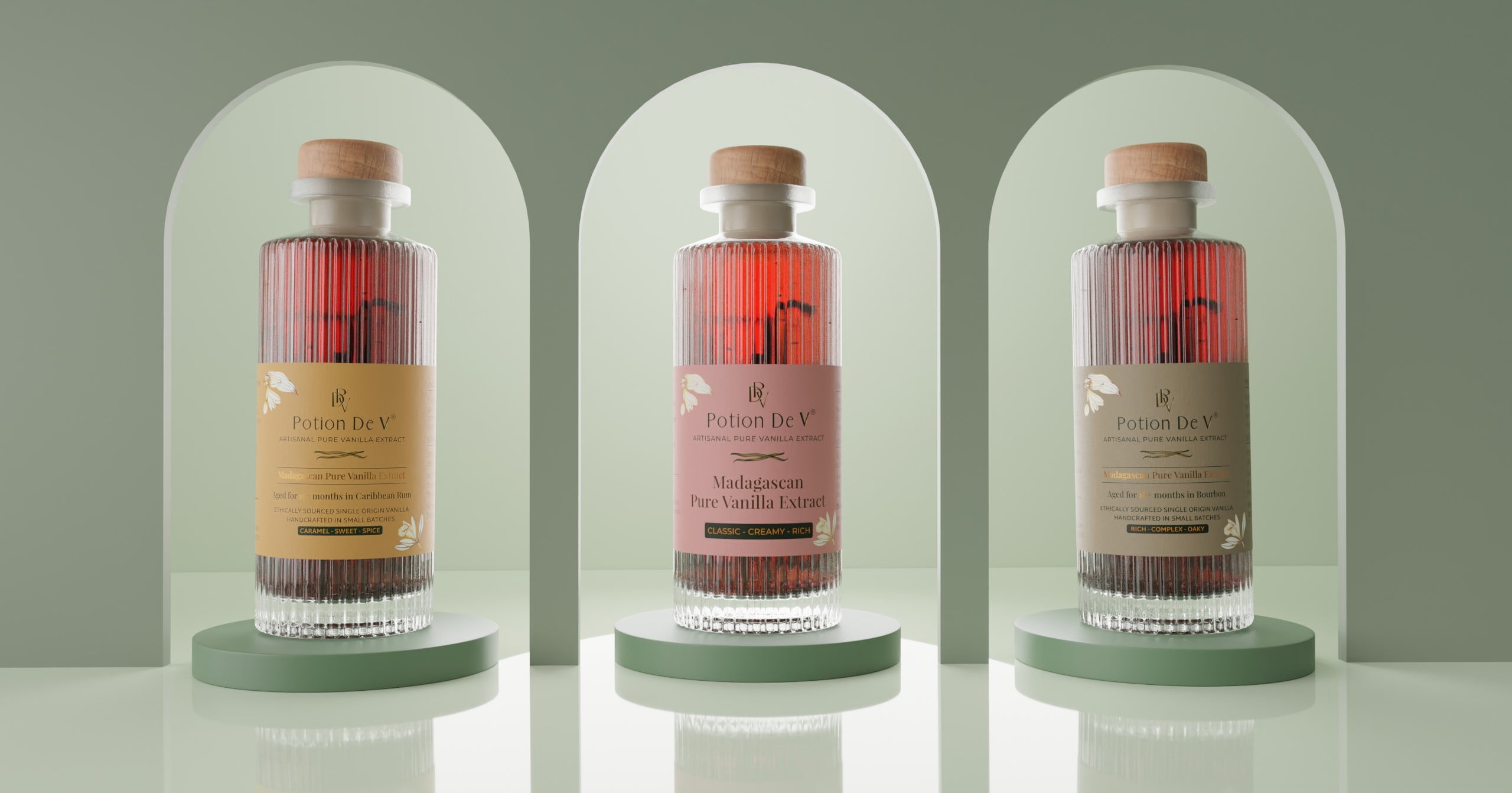
Potion De V is redefining vanilla with an artisanal extract aged 12-18 months using organic Madagascan beans. Ethical sourcing safeguards biodiversity hotspots while organic farming minimizes chemical input. Presented in vintage glass, the line elevates vanilla as both baker’s essential and luxury gift.
Canadian innovator Burcon NutraScience has achieved first commercial production of FavaPro, a 90%+ purity fava protein isolate. Fava beans are nitrogen-fixing crops, reducing reliance on synthetic fertilizers and improving soil health. “The commercial launch of FavaPro marks an important milestone in Burcon’s growth strategy,” said CEO Kip Underwood.
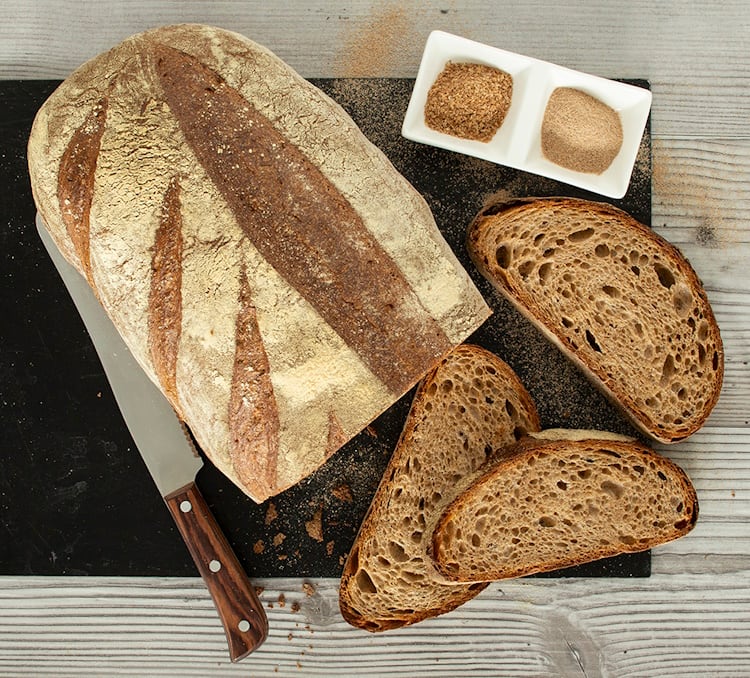
GoodMills Innovation has launched High-MAC brans – micronized wheat, rye and spelt brans that raise fiber content while valorizing grain components often discarded in milling. This circular approach reduces waste while boosting nutrition. “With High-MAC, we’re offering the baking industry a fibre enrichment tool that works – both technologically and in terms of taste,” said category manager Max Weber. “It allows our customers to develop products that meet today’s nutritional expectations without overwhelming the consumer.”
Better for communities

Confectionery shoppers are proving limited time offers can push cleaner labels. In Oterra’s survey across five countries, 70% said they’re more likely to buy candy with natural colors, reducing reliance on synthetic dyes often derived from petroleum. “LTOs tap into novelty, scarcity and excitement,” said Vibeke Haislund, Oterra’s head of Marketing. Will Blackett, consulting director at GlobalData, added: “Natural colors are a significant purchase driver. Consumers are seeking out natural colorings in products and LTOs are a great way for brands to stay relevant, to be on consumer’s side, but ultimately to command a price premium.”
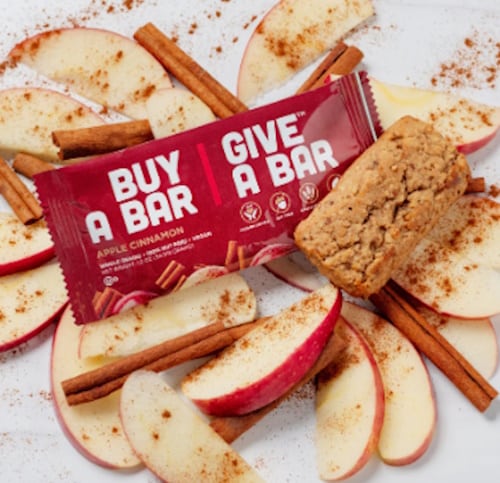
In the US, The Cookie Department is scaling its Buy a Bar, Give a Bar program, with 250,000 bars set to be donated through Feed the Children. “We are working to build a company that makes incredible snacks and also invests in making life better,” said CEO Andy Sheldon. “Partnering with Feed the Children allows us to expand our mission of strengthening communities, uplifting lives and allowing everyone the opportunity to enjoy a snack.”
In London, Deliveroo and The Felix Project have launched Felix Bakes with Deliveroo, a community kitchen that turns surplus food into 2,000 meals a week. “As a hyperlocal business deeply embedded in the communities where its customers, riders and partners live and work, Deliveroo is committed to giving back to and supporting these neighbourhoods – something that Felix Bakes with Deliveroo will allow us to achieve,” said Eleanor Garnier, senior policy advisor at Deliveroo. Nick Kerle, head of production at The Felix Project, added: “Having the Felix Bakes kitchen will mean we can take more produce and turn it into food we know people will want and enjoy.”

Fairlife has donated $250,000 to No Kid Hungry, supporting 2.5 million meals and expanding school nutrition programs. “We are proud to support No Kid Hungry’s mission to end childhood hunger and ensure more children and their families have the nutrition they need to thrive,” said COO Eileen Thanner.
And coming up
FoodNavigator’s Climate Smart Food broadcast series kicks off on September 9, 16 and 23, bringing together voices from Nestlé, KIND Snacks, Ingredion, ING Bank, Newcastle University and more.
From smart farming and resilient ingredients to low-impact packaging and emissions reduction, this free webinar series cuts through the noise with practical strategies to tackle climate risk.
Can’t join live? Register now for free access to the on-demand sessions.




